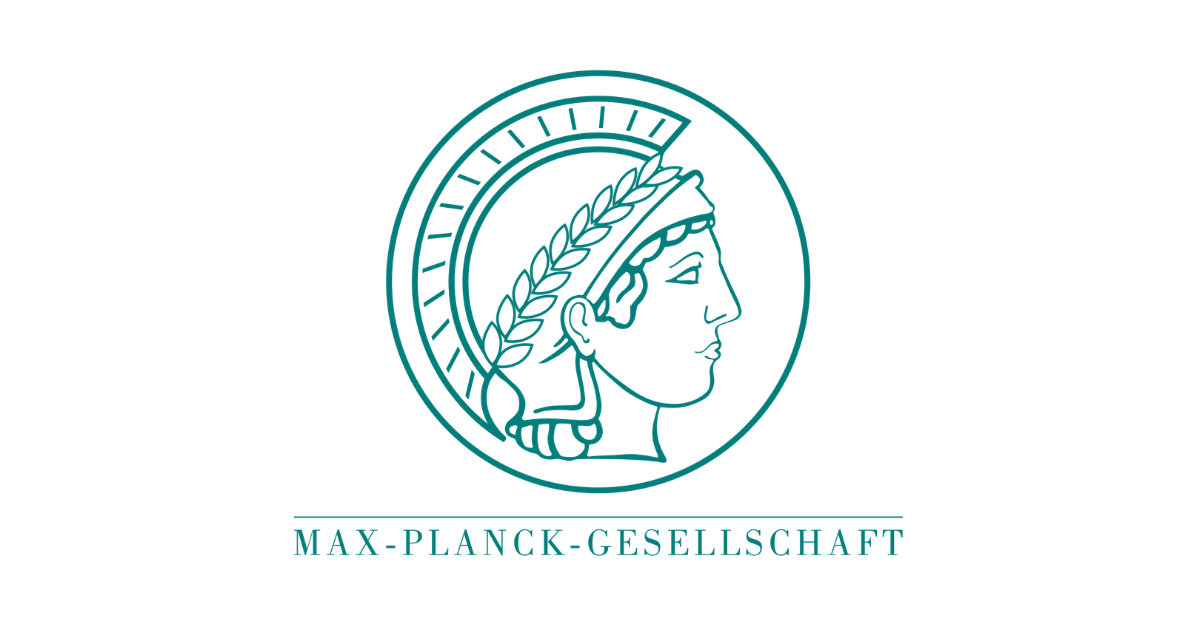International Max Planck Research School IMPRS-MCB

Welcome to the International Max Planck Research School for Molecular and Cellular biology (IMPRS-MCB) - a joint international PhD program of the Max Planck Institute of Immunobiology and Epigenetics and the University of Freiburg.
The research carried out at IMPRS-MCB focuses on diverse questions in the fields of
IMMUNOBIOLOGY, EPIGENETICS, CELL BIOLOGY, FUNCTIONAL GENOMICS, BIOCHEMISTRY, BIOINFORMATICS and PROTEOMICS
If you have a passion for molecular and cellular biology, if you are interested in being a part of cutting edge research and working towards a PhD on exciting projects in an international environment - you are the person we are looking for.
The International Max Planck Research School for Molecular and Cellular Biology (IMPRS-MCB) was started in 2006 upon an initiative of scientists from the University of Freiburg and the Max Planck Institute of Immunobiology and Epigenetics. The idea of the research school is to provide a broad scientific education to young researchers interested in molecular and cellular biology, immunobiology or epigenetics.
Since its initiation, the PhD program has been growing steadily and currently has 59 students, coming from 29 countries, and 21 faculty members (14 from MPI-IE and 7 from the University of Freiburg).
Our fellows are given an opportunity to carry out research on specific projects of their choice. In addition they participate in the education program covering:
- experimental methods in molecular and cellular biology;
- theoretical knowledge and in-depth analysis of scientific literature;
- complementary skills in presenting scientific data in oral and written form and in applying for research funding;
Besides this mandatory program, we organize additional scientific courses (e.g. statistics, bioinformatics) and support participation of students in external workshops and scientific conferences. Students also have the possibility to learn German and to obtain advice in planning their future career.
One of the distinctive aspects of the program is a rotation period. Students spend three months in three different laboratories before starting the PhD project. In this way, they become familiar with research themes and methodology of different groups and concurrently can identify which laboratory is the most suitable for their PhD work. The rotations are also a chance for group leaders to verify which student will be the best fit for their groups. In addition this period enhances communication and networking within the Institute.
Carrying out their PhD studies at IMPRS-MCB enables students to work on exciting projects in a first class research environment, providing them with broad training in different areas and support for their scientific development.